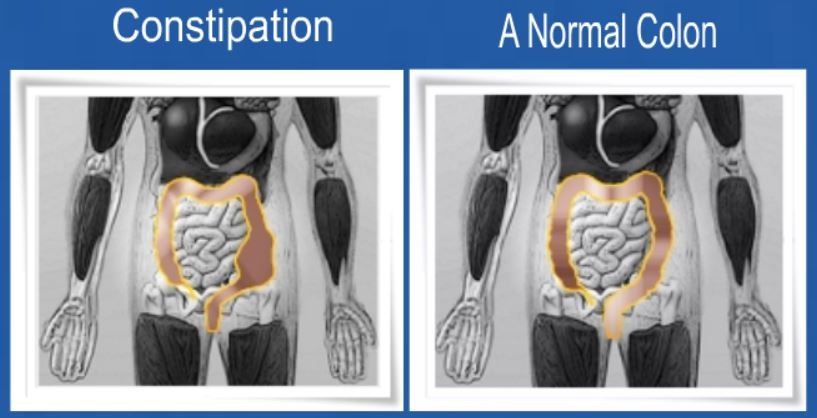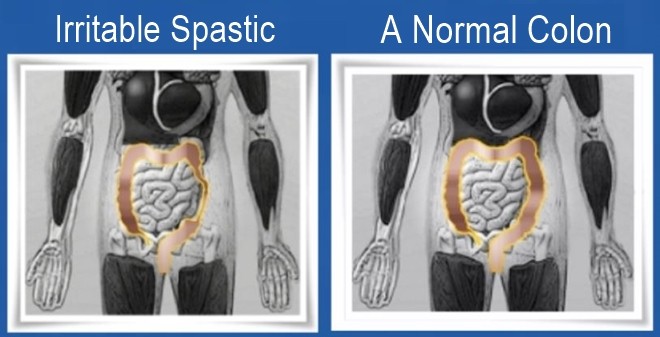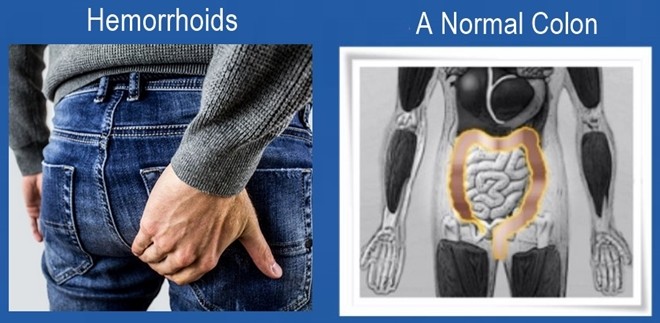Shadow
COLON PROBLEMS
COLON PROBLEMS
![]()
Chronic Constipation
Constipation
Constipation is one of the first signs indicating to us that our bowels are not functioning properly. Constipation especially plagues those engaged in sedentary occupations, those who have poor eating habits and those not drinking sufficient water. When a person is constipated, the walls of the colon are often impacted with accumulated fecal matter. The inner diameter of the colon is reduced like a water pipe with a buildup of mineral deposits. Eventually the opening becomes narrower making it more difficult for wastes to pass. Since the encrusted feces line the colon wall, the colon is unable to absorb nutrients from our food. Waste from the blood which should normally be drawn into the colon through the colon walls are reabsorbed by the body along with other toxins resulting from the fermentation and putrefaction of incompletely digested food.
Subsequently, intestinal stasis often follows which occurs when the muscular contractions know as peristalsis can no longer sweep the hardened feces along the digestive canal. A person can have several bowel movements a day and still be constipated. This is because movements are usually smaller and occur more frequently when the inner diameter of the colon is smaller than it should be. The reaction to this constricted bowel is a stepping up of the frequency of peristalsis (wave action) to allow the waste to exit the body. Taken to its limit, the effect can be diarrhea, which occurs when the large intestine hastens evacuation to the point where the bowel doesn't have time to remove the water and consolidate the waste into solid stool.
Irritable Bowel Syndrome
Irritable Bowel Syndrome (IBS)
Irritable Bowel Syndrome is a puzzling digestive disorder in that there are no physical signs of disease in the bowel tissue. This makes it difficult to determine the causes of the disease even though the symptoms are many and varied. To mention a few, they include alternating constipation/diarrhea, nausea, flatulence, bloating and intolerance to certain foods. Arthritis has also been linked to those with irritable bowel syndrome. Because digestion evokes adverse reactions such as nausea, vomiting, headaches and pain, persons with irritable bowel syndrome often have difficulty eating. This in itself can result in malnutrition.
Further complicating matters is the fact that nutrients are not properly absorbed and those that are can quickly be depleted by diarrhea. One symptom common to irritable bowel syndrome is irregular contractions in the colon. This impedes the movement of waste in the colon precipitating an environment for many harmful agents. Some scientists believe that a virus or bacterium play a role in irritable bowel syndrome. Colon irrigation therapy helps restore the balance of bacterial micro flora in the bowel. Others feel that a stressful lifestyle contributes to the condition as well as the abuse or overuse of laxatives and antibiotics. This may explain why irritable bowel syndrome is the most common digestive disorder seen by physicians with one out of every five adults having symptoms.
Diverticulitis
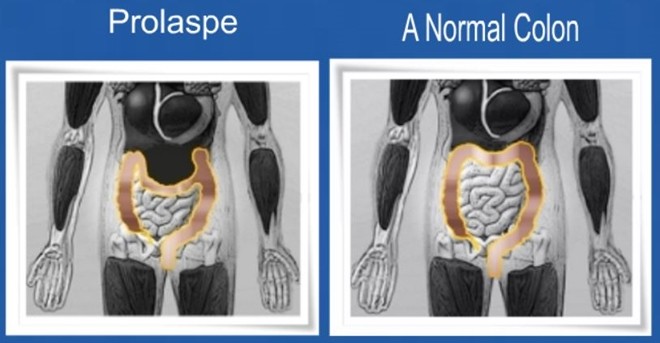 Diverticulitis
Diverticulitis
It is generally accepted that problems associated with diverticulitis are rooted in today's common diet. Most diets consist of highly refined and processed foods which have a tendency to "slow the flow." For our bodies to mimic a gently flowing stream, a crucial factor is transit time -- the time that lapses between eating a food and the elimination of its waste products. If transit time is prolonged, harmful toxins will form. Fecal matter is not successfully evacuated and remnants collect and hardened on the walls of the colon. Over a period of time the inside diameter of the colon becomes smaller. Greater effort is now required by the colon's circular muscles to move this compacted waste material. This internal pressure causes small pockets, called diverticula, to develop along the colon. Eventually these pockets become infected so that diverticulitis is present.
This condition includes possible internal bleeding and tissue breakdown, and is very serious indeed. An article in the American Heart Journal, April 1973 forwards this hypothesis: "A high residue diet promotes rapid transit of intestinal content with the passage of large unformed stools. In contrast, the low residue diet . . . of modern western civilization results in prolonged intestinal transit times with the passage of small, firm, formed stools. In the latter situation not only are [certain] pressures in the colon greatly raised, with resultant appendicitis and [bowel] disease, but the intra-abdominal pressures are also greatly raised during straining at constipated stools."
Parasites
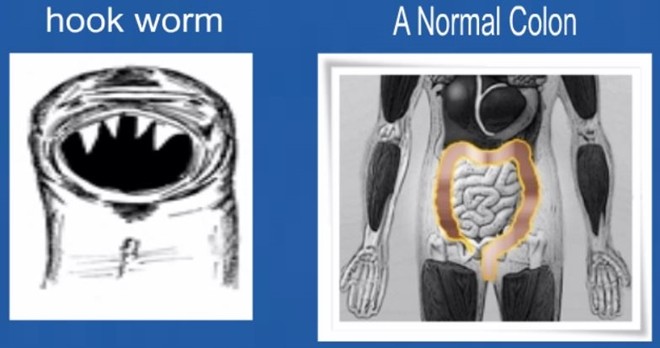 Parasites
Parasites
In addressing any colon problem it is important to restore the body's natural peristaltic wave action. This is done by introducing friendly bacteria into the bowel. The objective is to restore the bowels normal pH level so that the colon is slightly acidic. Once the colon is cleansed, this can easily be achieved with the use of supplements. Generally, worms and parasites are unable to live in this balanced healthy environment primarily because of the slightly acidic pH level. As they vacate the colon, it is not unusual for the therapist to witness their departure through the viewing glass. Interestingly, some parasites may be microscopic while others are as large as the thumb and several inches long!
On the other hand bacteria is actually considered to be a plant. They grow and divide at various rates. Most bacteria are helpful to the colon in rendering body sewage harmless in much the same way that bacteria is employed in commercial sewage treatment plants. While there may be many harmful bacteria in the intestines, so long as they are outnumbered by the beneficial bacteria the body stays well. In particular does the lactobacillus, or acidophilus bacteria serve the body well.
When the colon is restored to its proper pH balance, bad bacteria is subdued by friendly bacteria. Spaces are also created into which other organs can dispose of their residue. The liver, bloodstream and lymph all begin to do this, because now there is an open pathway for proper elimination through the colon. By treating the colon we subsequently treat the whole person.
Hemorrhoids
Hemorrhoids
Hemorrhoids are swellings or dilatation of the veins in the anus; actually varicose veins at the lower end of the large bowel or rectum. Basically, there are two kinds - internal and external hemorrhoids . When complications arise, they may be quite painful and perhaps may rupture, causing bleeding.
According to some authorities, one third, if not more, of all adults have hemorrhoids in one form or another. In many cases, however, the situation is not such that the person is aware of having them. It's long been known that constipation causes, and makes worse, hemorrhoids. In most cases the mechanism for the hemorrhoid problem is the same as that for varicosities. A dry, hard, compacted stool causes considerable strain for evacuation. This strain causes increased pressure in the veins, resulting in a ballooning out and breakdown of the vein wall, whether it be the hemorrhoid plexus or the veins of the legs. Conversely, an acute case of diarrhea can bring on an attack of complicated hemorrhoids. Inability to relax the muscles in the anus may also bring them on, and this, in turn, may well be caused by modern man's improper eating habits.
Bottom Decorative Image


